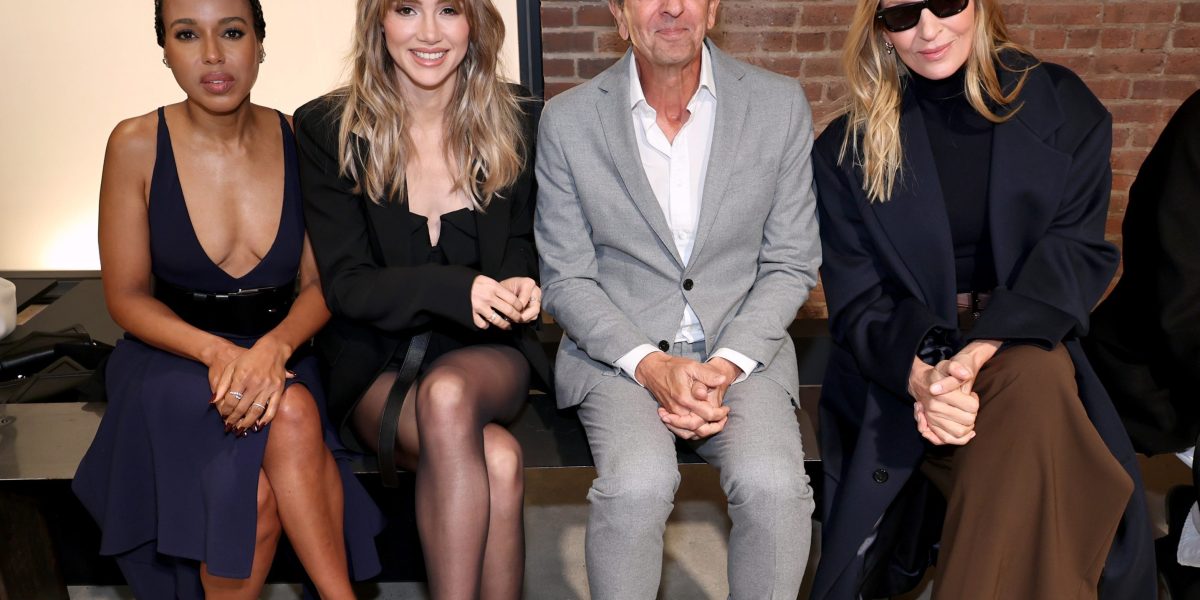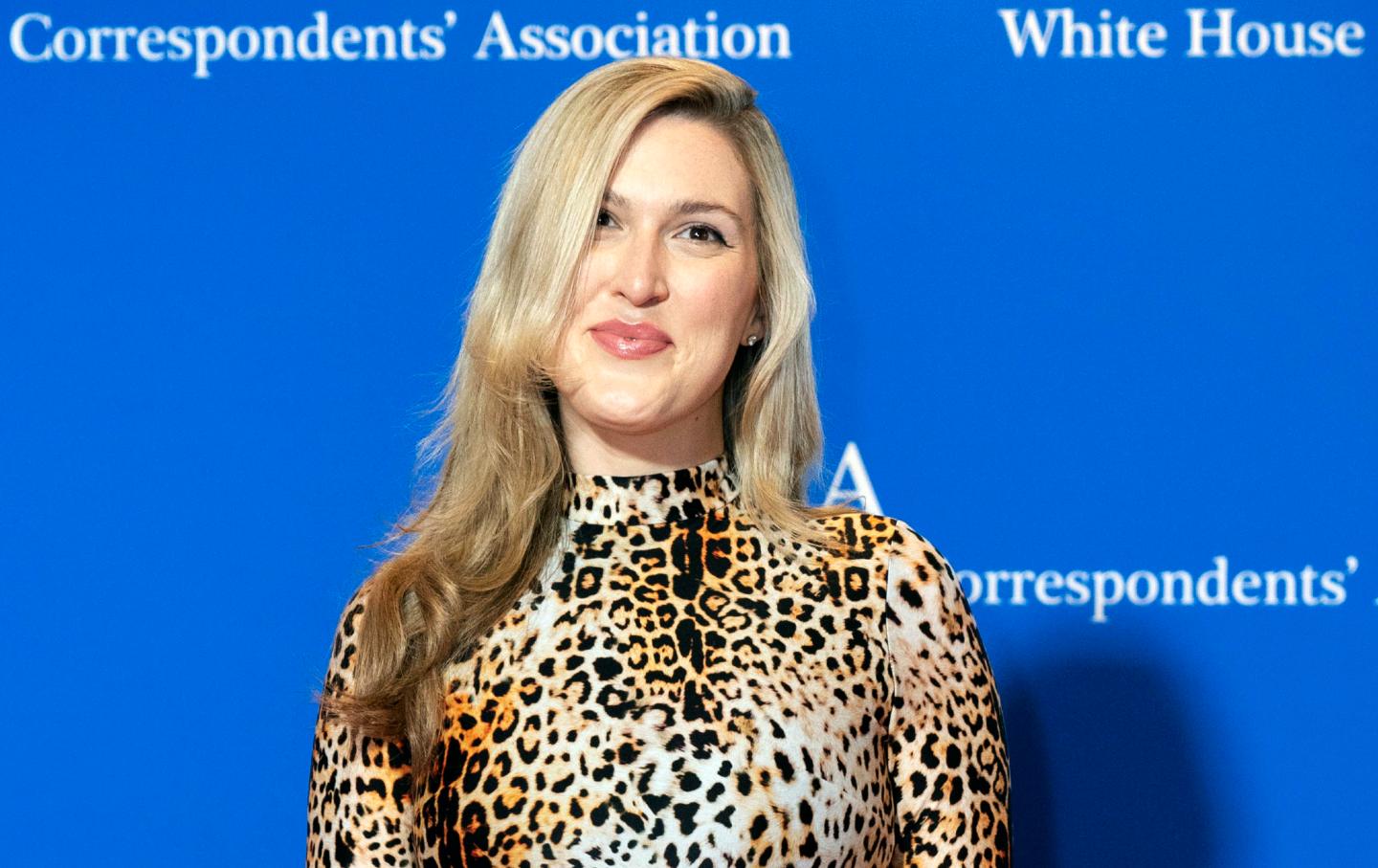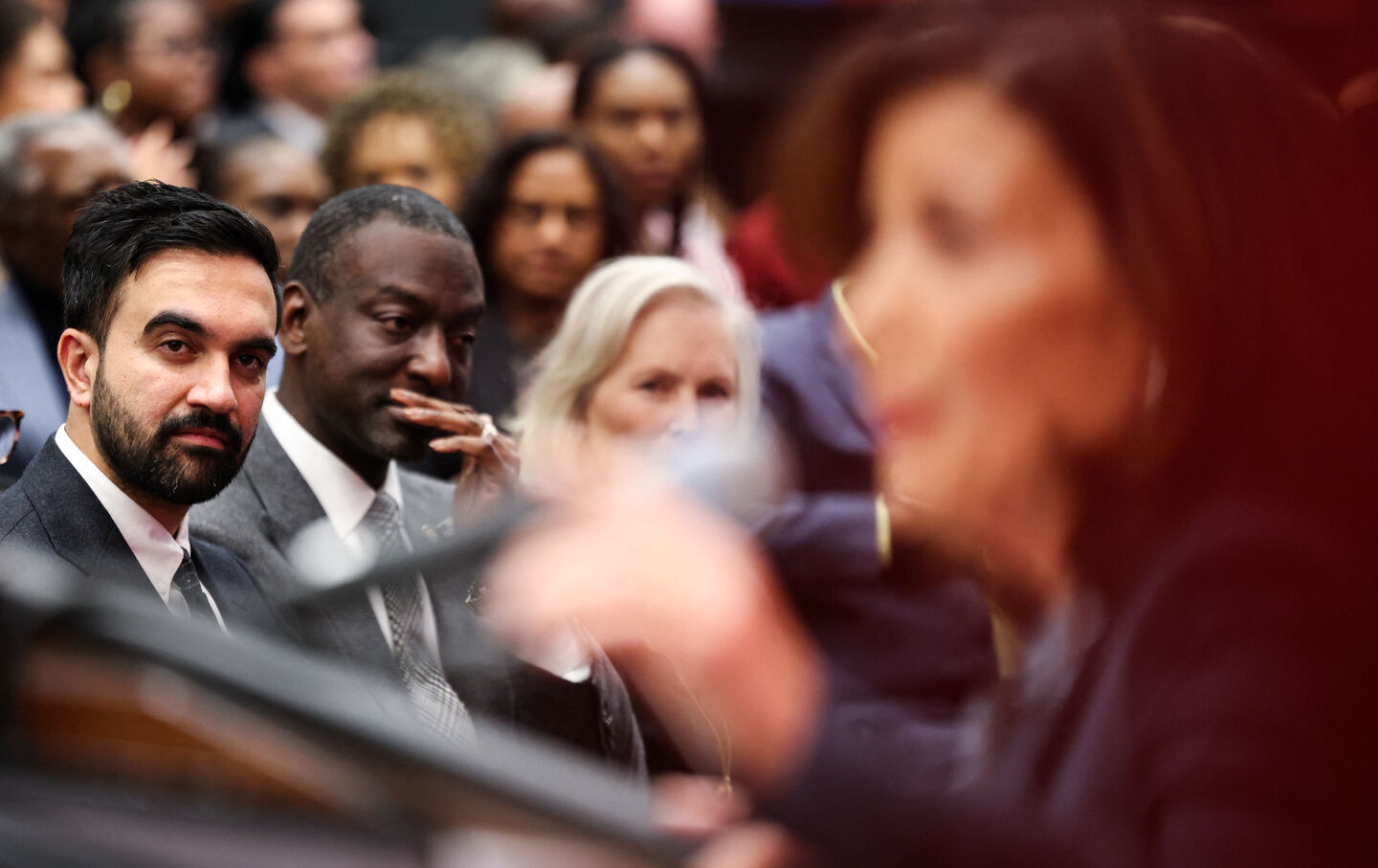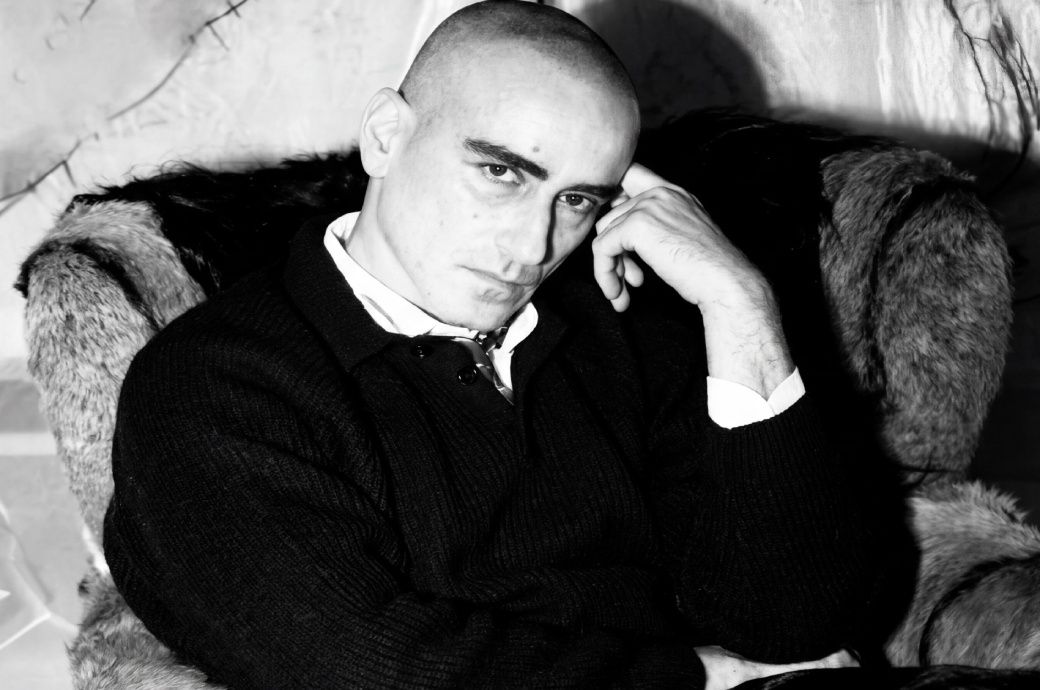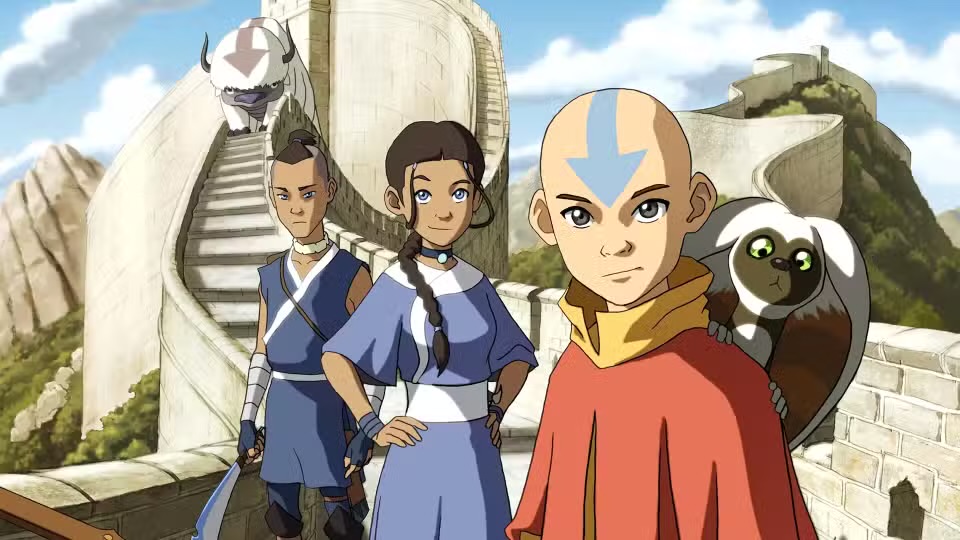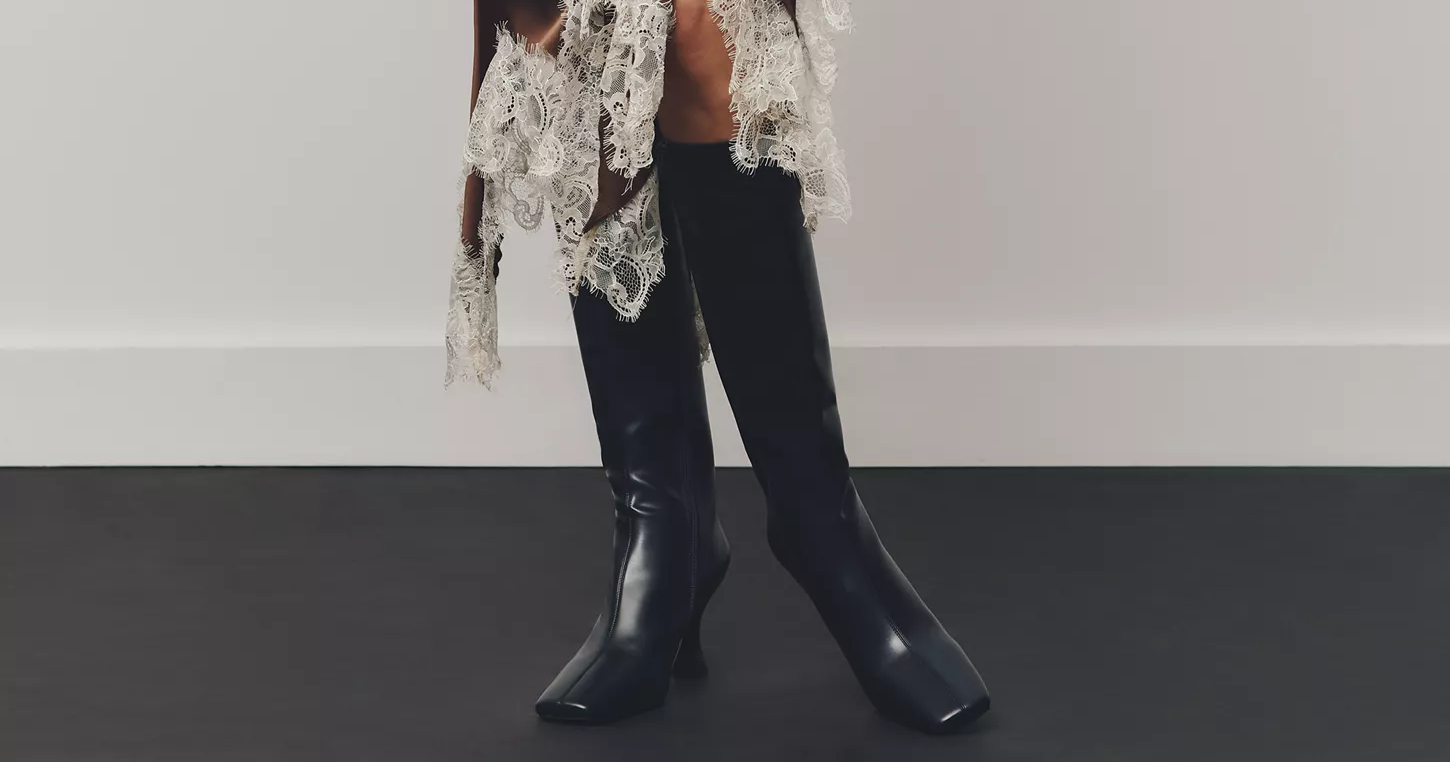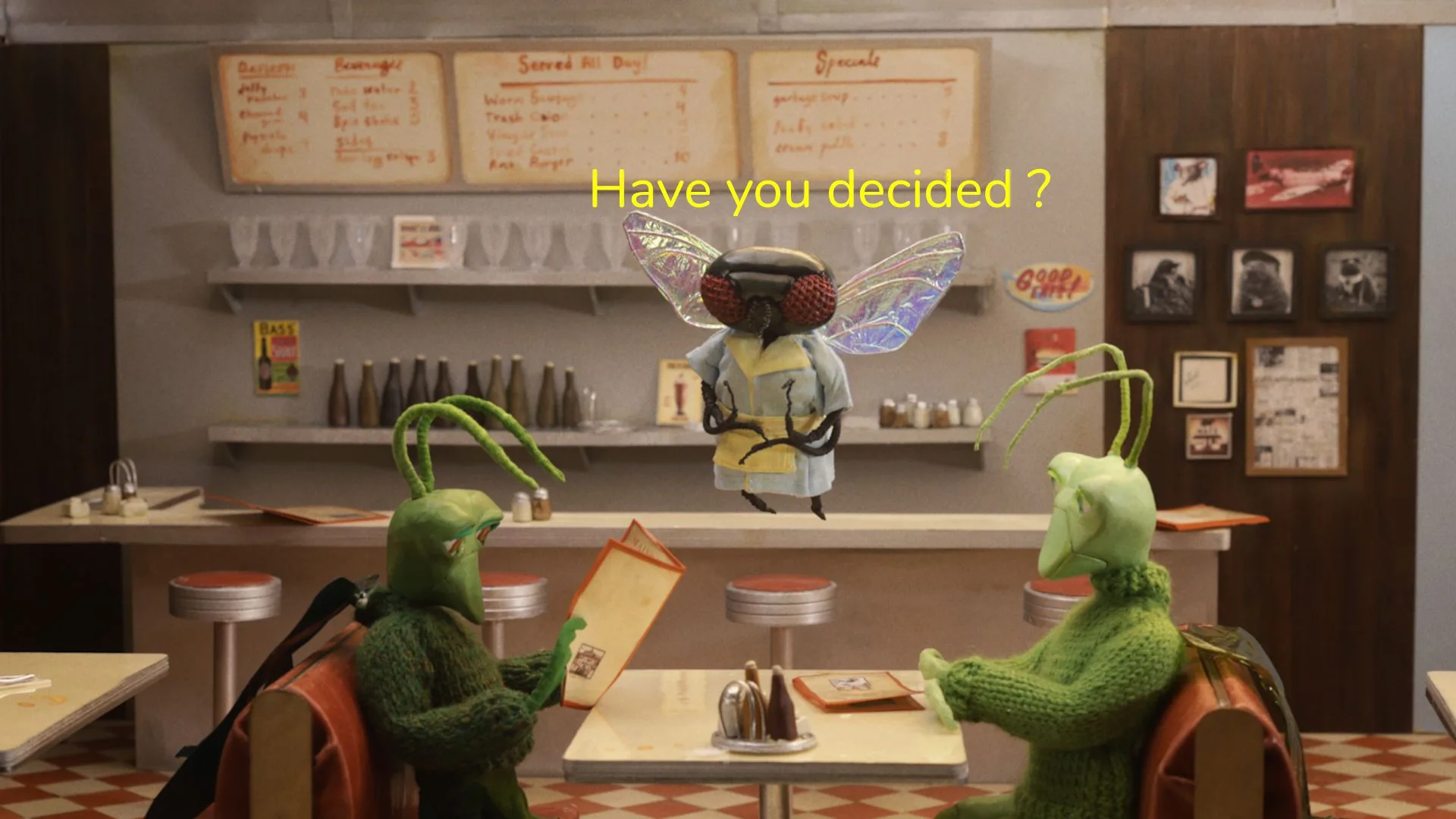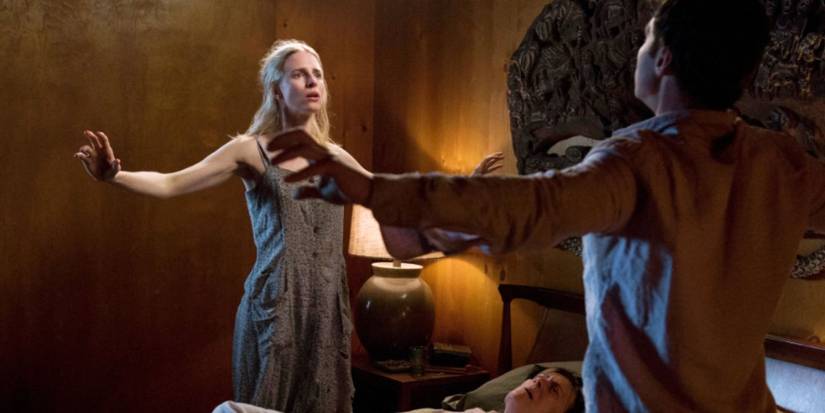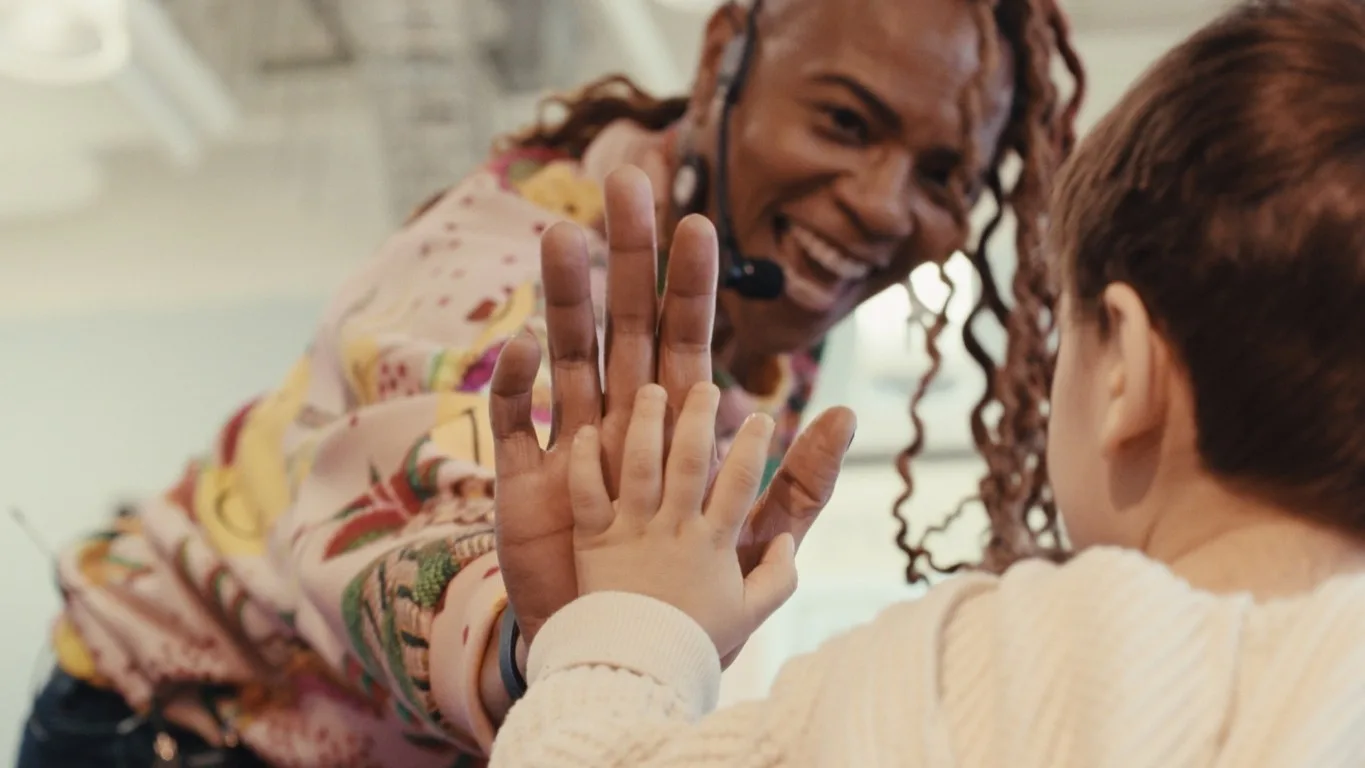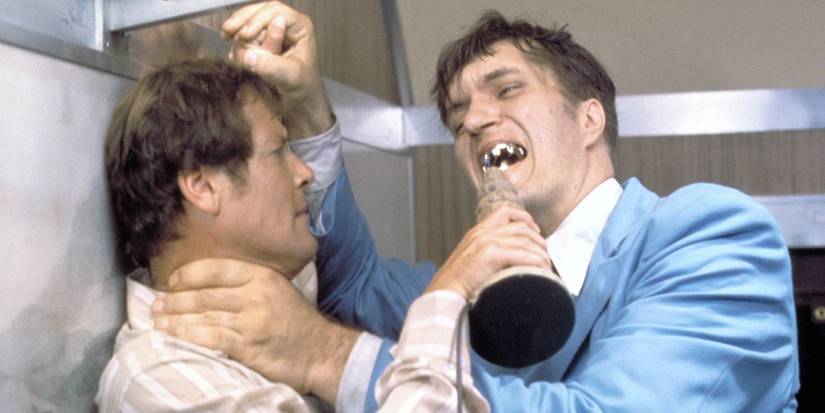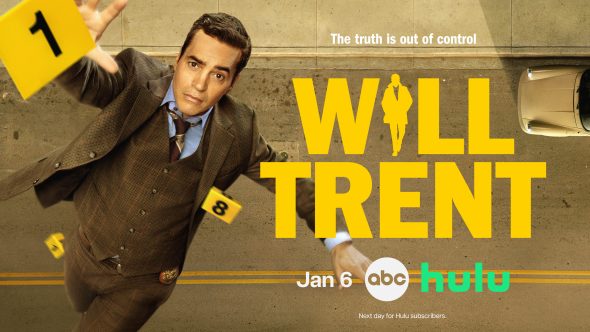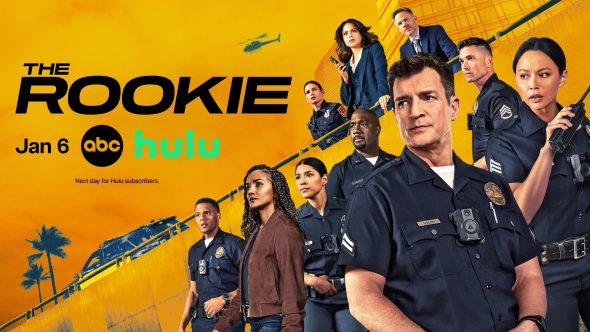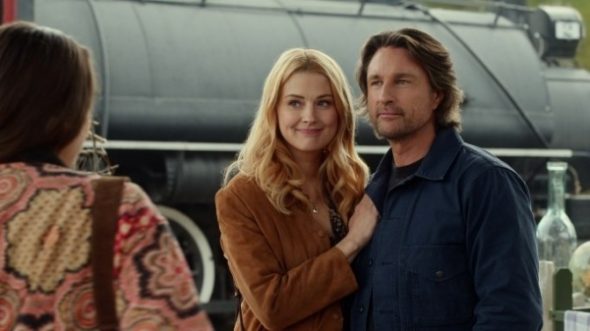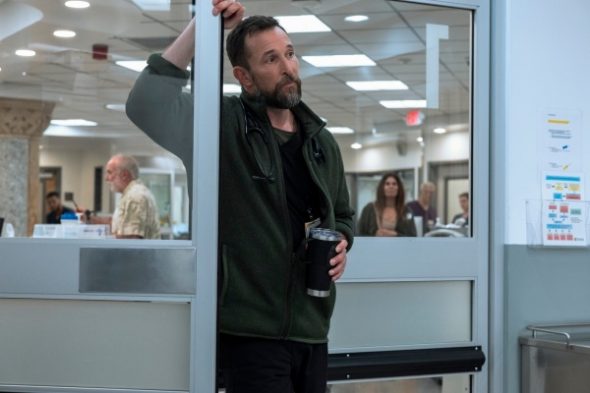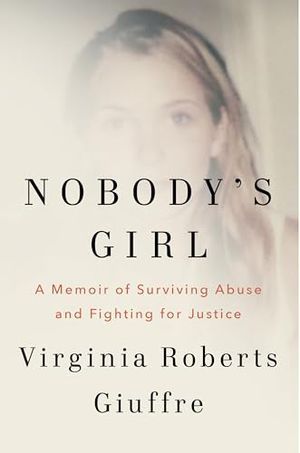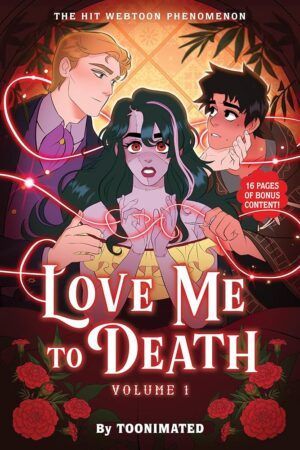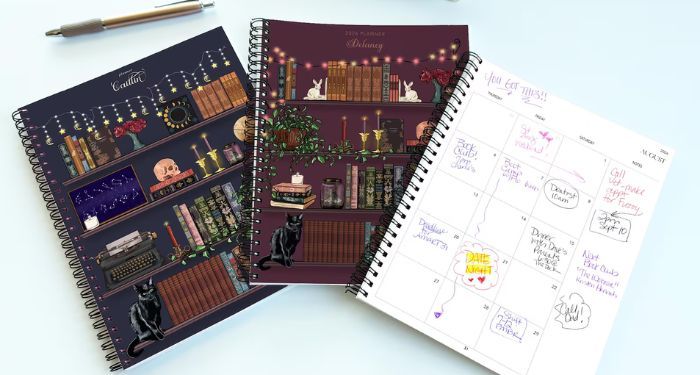[ad_1]

Which film is the most underrated?
All the ones we never got to see. I’m especially thinking of “Higgins & Beech,” the Korean War love story she wrote with Alice Arlen (with whom she also wrote the Oscar-nominated screenplay for “Silkwood”) almost made it to the screen so many times only to be put back into turnaround and ultimately halted. Her Peggy Lee biopic was recently revived and then recently halted once again. But there’s still hope …
You refer to her notebooks. Did you have access to them? What did you learn from them?
Sadly, no, I only had access to her references to them in her writing, archives, and interviews. I really hope that her papers might soon be archived at the Academy Museum or the Academy Library or perhaps at Wellesley. She often spoke about the “closet full” of undeveloped manuscripts she had at home. What a treasure trove that must be! I secretly hope someone reading the book will be inspired to revive at least one or more of her works in the near future.
Speaking of being inspired, what I did have access to were the many generous people who shared their memories (some for the first time in this book) and their personal photos, letters, and emails—some that could be shared in the book in one form or another, and many others that couldn’t. It was so much fun hearing about her as a teenager at camp, and as a college student at Wellesley, and later as a director in charge of $85 million movie productions. What I learned is that she was somehow even more magical than we thought we knew: the amount of time and care she put into personal correspondence and gifts to so many friends and colleagues throughout her lifetime is astounding. Also, her emails could’ve been published because they’re as hilarious and witty as the rest of her writing was.
Does Nora’s method of ordering food, as reflected in the “on the side” ordering of Meg Ryan as Sally, relate to the way she wrote and directed?
I love this question! It makes me wonder: what does “on the side” even mean? I think for Nora, it was about being specific, precise, and sure of herself and her decisions, so yes, I think that was absolutely the way she wrote and directed. She once wrote about how she’d go through hundreds of pages of paper writing ledes for her articles as a journalist and essayist. She was so disciplined and devoted to her craft and anything she was passionate about—if that means a salad will be better with the dressing on the side or the pie will be better heated, she not only knew it but wasn’t afraid to ask for it.
What do you most want people to know about her?
That Nora Ephron the person, the mother, sister, daughter, friend, wife, writer, editor, filmmaker, playwright was so incredibly special. We should continue to study and celebrate her life and her work across genres (journalism, film, screenwriting, theater) in classrooms and in kitchens and in life.
To order your copy of Nora Ephron: A Biography, click here.
[ad_2]
Original Source Link




